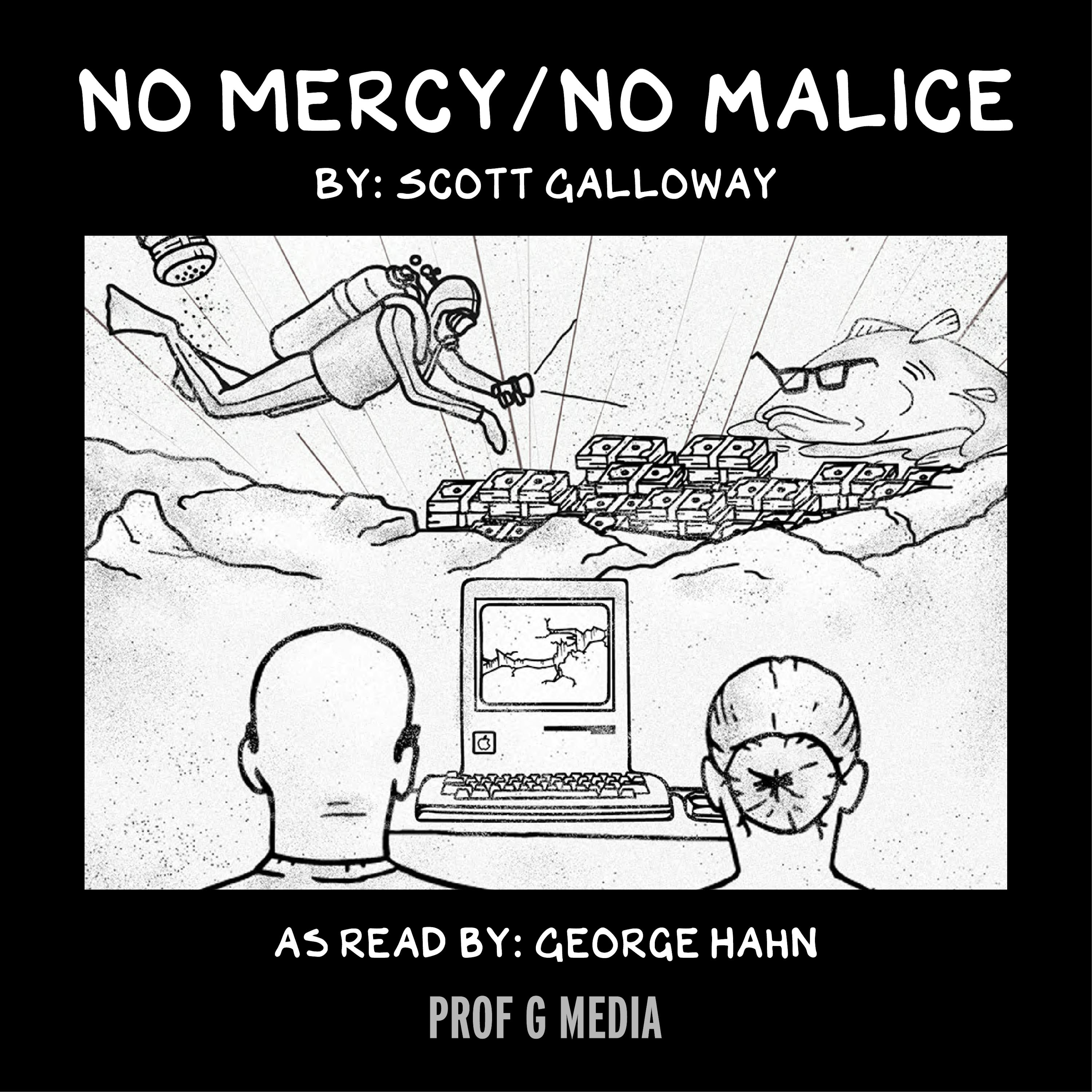First Time Founders with Ed Elson – How Airbnb Scaled from 3 Guests to 2 Billion
Ed speaks with Nathan Blecharczyk, Chief Strategy Officer and co-founder of Airbnb. They discuss the pros and cons of starting a business with your friends, the moment he realized the business would be a success, and how he learned to turn a crisis into an opportunity.
Learn more about your ad choices. Visit podcastchoices.com/adchoices
Learn more about your ad choices. Visit podcastchoices.com/adchoices
Press play and read along
Transcript
Transcript is processing—check back soon.
The Prof G Pod with Scott Galloway — First Time Founders with Ed Elson – How Airbnb Scaled from 3 Guests to 2 Billion





